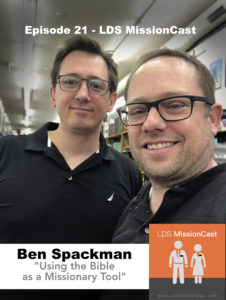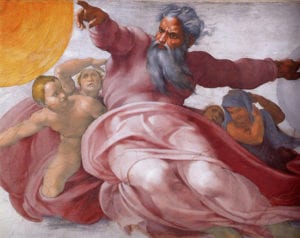Podcast: Download (65.5MB)
Subscribe: RSS

What is Proof Texting?
LDS MissionCast is an independently produced podcast shared by FairMormon. The Host and Presenters speak independently of The Church of Jesus Christ of Latter-day Saints, and FairMormon. LDS MissionCast a podcast to educate and inspire in the great cause of Missionary Work. This episode is hosted by Nick Galieti.
Ben Spackman is an interesting type of scholar. He spent some time teaching at BYU, but has since continued his formal education towards his PH.d. His educational background is so varied that I am not sure there is anyone who has repeated his same course of study. As a result I find his insights to be good food for thought. His area of expertise deals a lot with ancient scripture. Sometimes we don’t spend much time as missionaries considering the role of ancient scripture in our lives, but we don’t always know what the Bible means or how the Bible is used in other faith traditions. I am sure we can all admit that there are good and bad ways to use the Bible in missionary work. Ben Spackman helps us to not only help us learn how to use the Bible better in our own lives, but how to understand its use by other religions, so that we might be able to better build bridges of understanding between different faiths.
When we use scriptures to teach the gospel, we sometimes get confused when others don’t see the Bible the same way that we do as Latter-day Saints. Missionaries tend to follow the practice of proof texting (or prooftexting) which does very little to help teach people the true gospel of Jesus Christ. So, again, Brother Spackman is here to help us know how to better use the Bible as a teaching tool in missionary work.
Links and content mentioned in this episode:
Benjamin the Scribe (Ben Spackman’s Patheos Blog)
Ben Spackman on LDS Perspectives Podcast – Genre in the Bible
Ben Spackman on LDS Perspectives Podcast – Genesis Chapter 1
Why Bible Translations Differ – BYU’s Religious Educator publication
Article by Grant Hardy on The King James Bible and the Future of Missionary Work – Dialogue Journal

